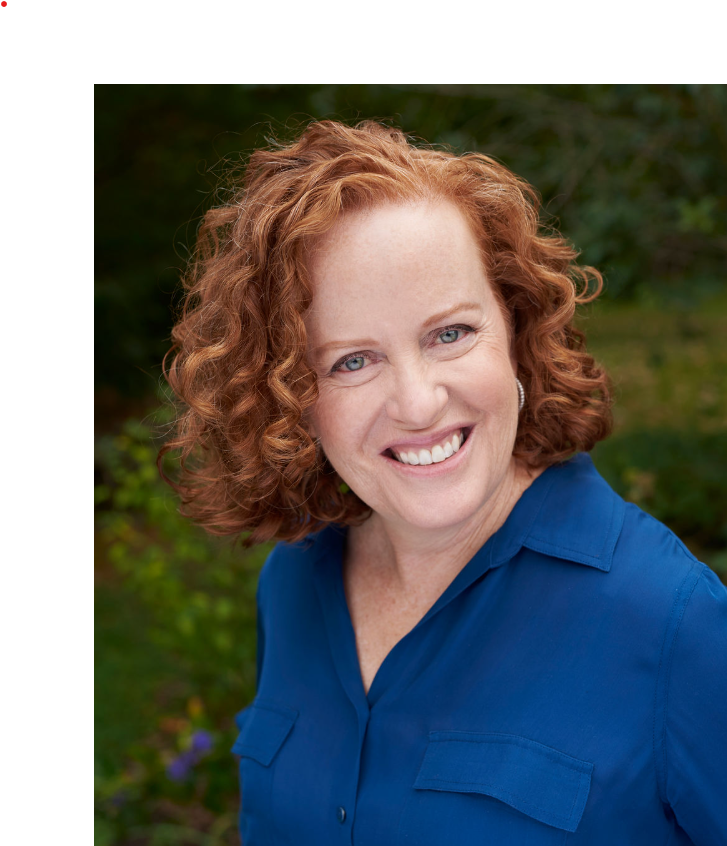Interview with Liz Rueven
Interview with Liz Rueven
"sharing their family’s traditions and personal dishes will serve to soften boundaries and stereotypes"
Liz Rueven is a food writer and culinary instructor who is passionate about encouraging her readers to eat within the seasons. Her passion for exploring Jewish foodways, while supporting local farmers and food creatives, is at the center of her writing and her farm to table cooking classes for teens and adults. Liz has been producing her food blog, Kosher Like Me, since 2011. Her content ranges from original recipes inspired by her finds at her local farmers’ market in CT, to globally inspired cookbooks and recipes that broaden our understanding about the range and depth of Jewish foods. Her Instagram feed @kosherlikeme, inspires with easy recipes, travel adventures, and personal discoveries. Most recently, she welcomed a CT news crew into her kitchen to help prepare this latke recipe, along with other Chanukah dishes that illuminate traditions beyond those she grew up with in her Ashkanazi American home.
How do you approach the integration of seasonal, farm-to-table ingredients with Jewish culinary traditions, and how has your perspective evolved since launching Kosher Like Me in 2011?
Let’s begin with Shabbat inspiration! I am lucky to have a year-round farmers’ market in my hometown (Westport CT) that runs on Thursdays. My joy is roaming the market to see what’s available, what looks most enticing, and what’s new since the prior week. If I go to the market with pre-conceived menus, I can easily switch my plans once I see what’s piled high and looks juiciest. For holidays, I try to create variations on traditional dishes by using ingredients harvested that week. By speaking to the farmers, I often get new ideas about how to use familiar ingredients. I’m amazed that I discover something new every week. One of my favorite discoveries this season was CONEHEAD cabbage. The pointed shape and tightly wound leaves beg to be quartered (vertically) and grilled. The lightly charred surface becomes a vehicle for glazes and seasoning. My favorite finish is diluted miso paste, soy sauce, and minced baby ginger. My approach to using local ingredients has only become more keen since I launched Kosher Like Me in 2011. Since the pandemic, our community’s commitment to local farmers has become more steadfast. This has opened a door for me to regularly teach at area farms equipped with community kitchens. I love helping teens and adults how to use familiar ingredients in unfamiliar ways.
With the Galilee Culinary Institute’s farm-to-table approach, where students create menus using ingredients from the on-campus organic farm, how do you think this immersive experience will deepen their understanding of seasonal cooking?
The challenges of using familiar ingredients in new ways is where creativity will blossom. Even the most common ingredients, like tomatoes and cucumbers, can take on new flavors and usage when we are tasked with exploring less commonly known techniques, herbs, and spices.
You recently shared latke recipes and other Chanukah dishes that highlight traditions beyond your Ashkenazi American upbringing. Can you tell us more about how these diverse culinary explorations have shaped your understanding of Jewish food and its ability to connect communities across cultures?
Jewish food media has expanded to include significantly wider perspectives from different Jewish communities. I recently created and taught a semester-long class to teens called Global Jewish Food Traditions. Stereotypes of Jewish foods being about (just) chicken soup and smoked fish are important to dispel since our culinary stories are so much deeper and more varied than that. At the root of all of our traditions are kosher rules and Shabbat restrictions. After understanding that, exploring a region’s ingredients, climate, immigration patterns, and geo-political restrictions have determined our food ways for thousands of years. This is what I want teens to begin to understand.
The Galilee is known for its cultural diversity and fertile farming regions. How do you think this unique setting influences the culinary education and cultural experiences students receive at the Galilee Culinary Institute?
I believe that using ingredients from the GCI farm is at the heart of broadening our concepts about “Jewish food” and community. As students from different backgrounds and regions explore and cook in the program, sharing their family’s traditions and personal dishes will serve to soften boundaries and stereotypes.
What’s a fun culinary fact about you?
My grandfather was a professional baker of traditional Polish breads, having been trained in Krakow as a teen apprentice. Because he regularly provided fresh challot, onion and poppy seed rolls, and chocolatey marble cakes, my Mom never baked in my childhood home. So, baking is my insecurity. Luckily, I have great friends helping me to become a decent challah baker, at least!

